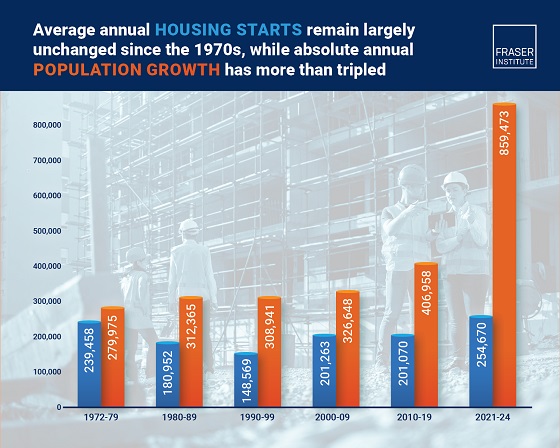Susan Smith (L) and Marion Calder, directors of ‘For Women Scotland’ cheer as they leave the Supreme Court on April 16, 2025, in London, England after winning their appeal in defense of biological reality
By Michael Haynes, Snr. Vatican Correspondent
The ruling, in which the court rejected transgender legal status, comes as a victory for campaigners who have urged the recognition of biological reality and common sense in the law.
The U.K. Supreme Court has issued a ruling stating that “woman” in law refers to a biological female, and that transgender “women” are not female in the eyes of the law.
In a unanimous verdict, the Supreme Court of the United Kingdom ruled today that legally transgender “women” are not women, since a woman is legally defined by “biological sex.”
Published April 16, the Supreme Court’s 88-page verdict was handed down on the case of Women Scotland Ltd (Appellant) v. The Scottish Ministers (Respondent). The ruling marks the end of a battle of many years between the Scottish government and women’s right campaigners who sought to oppose the government’s promotion of transgender ideology.
In 2018, the Scottish government issued a decision to allow the definition of “woman” to include men who assume their gender to be female, opening the door to allowing so-called “transgender” individuals to identify as women.
This guidance was challenged by women’s rights campaigners, arguing that a woman should be defined in line with biological sex, and in 2022 the Scottish government was forced to change its definition after the court found that such a move was outside the government’s “legislative competence.”
Given this, the government issued new guidance which sought to cover both aspects: saying that biological women are women, but also that men with a “gender recognition certificate” (GRC) are also considered women. A GRC is given to people who identify as the opposite sex and who have had medical or surgical interventions in an attempt to “reassign” their gender.
Women Scotland Ltd appealed this new guidance. At first it was rejected by inner courts, but upon their taking the matter to the Supreme Court in March last year, the nation’s highest judicial body took up the case.
Today, with the ruling issued against transgender ideology, women’s campaigners are welcoming the news as a win for women’s safety.
“A thing of beauty,” praised Lois McLatchie Miller from the Alliance Defending Freedom legal group.
“They looked at the whole argument, not just who goes in what bathroom and trans women. This is going to change organizations, employers, service providers,” Maya Forstater, chief executive of Sex Matters, told the Telegraph. “Everyone is going to have to pay attention to this, this is from the highest court in the land. It’s saying sex in the Equality Act is biological sex. Self ID is dead.”
“Victory,” commented Charlie Bently-Astor, a prominent campaigner for biological reality against the transgender movement, after she nearly underwent surgical transition herself at a younger age.
“After 15 years of insanity, the U.K. Supreme Court has ruled that men who say they are ‘trans women’ are not women,” wrote leader of the Christian political movement David Kurten.
Leader of the Conservative Party – the opposition to the current Labour government – Kemi Badenoch welcomed the court’s ruling, writing that “saying ‘trans women are women’ was never true in fact and now isn’t true in law, either.”
Others lamented the fact that the debate even was taking place, let alone having gone to the Supreme Court.
“What a parody we live in,” commented Reform Party candidate Joseph Robertson.
Rupert Lowe MP – who has risen to new prominence in recent weeks for his outspoken condemnation of the immigration and rape gang crisis – wrote, “Absolute madness that we’re even debating what a woman is – it’s a biological fact. No amount of woke howling will ever change that.”
However, the Supreme Court did not wish to get pulled into siding with certain arguments, with Lord Hodge of the tribunal stating that “we counsel against reading this judgment as a triumph of one or more groups in our society at the expense of another. It is not.”
The debate has taken center stage in the U.K. in recent years, not least for the role played by the current Labour Prime Minister Keir Starmer. Starmer himself has become notorious throughout the nation for his contradictions and inability to answer the question of what a woman is, having flip-flopped on saying that a woman can have a penis, due to his support for the transgender movement.
At the time of going to press, neither Starmer nor his deputy Angela Rayner issued a statement about the Supreme Court ruling. There has been no statement issued from the Scottish government either, nor from the office of the first minister.
Transgender activists have expectedly condemned the ruling as “a disgusting attack on trans rights.” One leading transgender campaigner individual told Sky News, “I am gutted to see the judgement from the Supreme Court which ends 20 years of understanding that transgender people with a GRC are able to be, for all intents and purposes, legally recognized as our true genders.”
Related
















